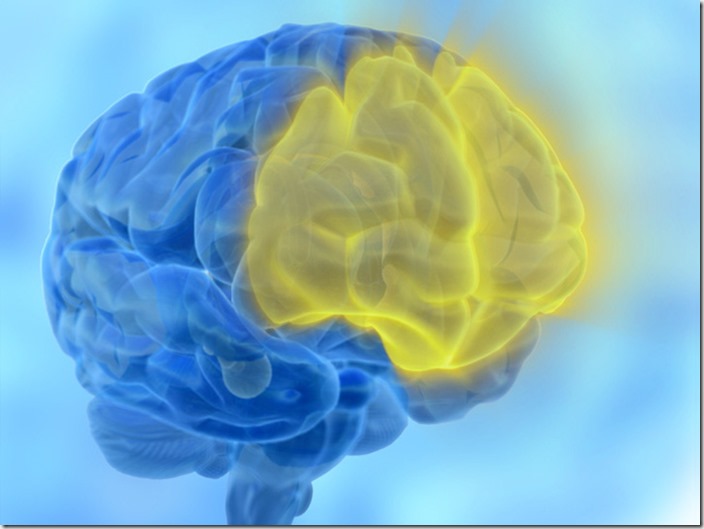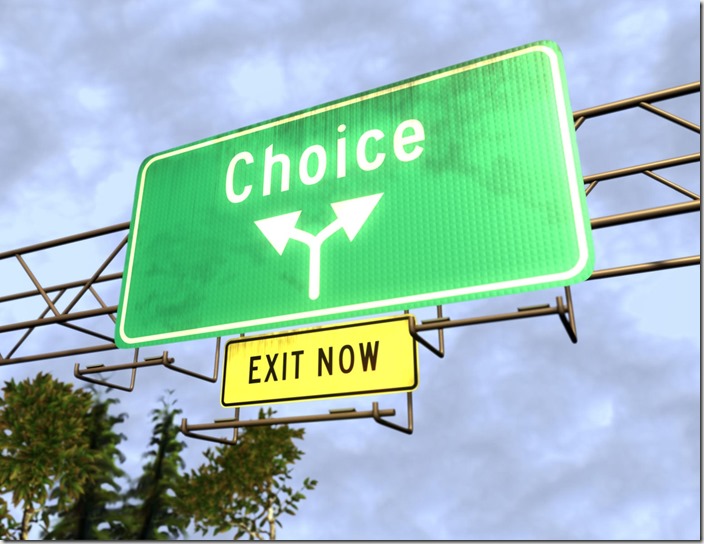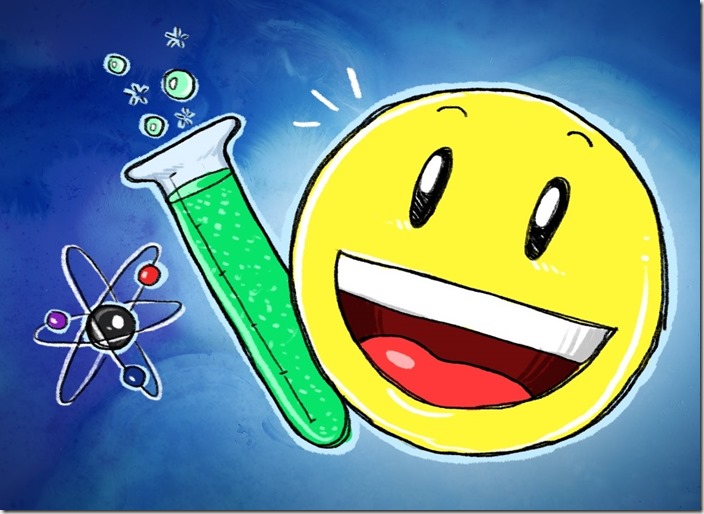Before we dive into the shocking science behind our happiness, first we need to scratch the surface of our brain, not literally though.
The Amazing Trick of Humans
 Through our evolution, becoming the Homo Sapiens we call ourselves to be today, our brain has tripled in mass.
Through our evolution, becoming the Homo Sapiens we call ourselves to be today, our brain has tripled in mass.
The reason why it is so big now is because we have developed a new part we call The Frontal Lobe and its anterior piece The Pre-Frontal Cortex. Why is this important?
This new “upgrade” of our brains enabled us to do one pretty amazing trick. It gave us the ability to visualize and imagine. We are the only species that can do this to a level of excellence that is beyond understanding.
What visualization enables us is to experience something in our mind before it actually happens. It is like the flight simulators pilots train in before they go “Top Gun” on their planes.
However, this “experience simulator” is not without errors, as a matter of fact the experiences we visualize and imagine in our brain are almost never as same as they really are in reality.
The Simulation Error
 Imagine having a choice to make between winning a lottery and becoming paraplegic. No-brainer, right? Who, in his right mind, would choose to become a paraplegic?
Imagine having a choice to make between winning a lottery and becoming paraplegic. No-brainer, right? Who, in his right mind, would choose to become a paraplegic?
Why did you choose to win the lottery? Do you think you’ll be happier? If that’s the case then you are wrong.
When tested after 1 year, lottery winners and people who became paraplegics were equally happy, like their change didn’t have any impact on their levels of happiness what so ever.
What scientists discovered was that, if something that happened is older than 3 months, it usually has no impact on our current levels of happiness no matter how big of a change it was for us at the time. How can this even be possible?
The thing is, when we imagine what would it be like to win a lottery or become paraplegic we over-rate our experiences, the simulation is all wrong. Those experiences, in reality, are not as intense as those in our minds.
Of course, if something bad happens like becoming paraplegic we will be sad. But, after a couple of weeks or months we will be as happy as we were before that even happened.
“Synthetic Happiness” vs. Natural Happiness
 We have something we may call as “Psychological Immune System” which prevents us from feeling unhappy for long periods of time. This is the exact thing that malfunctions in serious cases of depression.
We have something we may call as “Psychological Immune System” which prevents us from feeling unhappy for long periods of time. This is the exact thing that malfunctions in serious cases of depression.
What our “Psychological Immune System” (PIS – one more “S” to be funny) does is something we may call as “Synthetic Happiness”. Our brains synthesize happiness because it is healthier for the body to live in a physical profile of feeling happy.
When we ask people who lost their companies, people who became poor over night or had an accident, and when they say that they are happy with what happened because it turn out for the best, we usually think to ourselves “Yeah Right! You are happier with dry pockets than you were with 100 million under your silk pillow, you are only lying to yourself”.
This is because we believe that Synthetic Happiness is not of a same quality as Natural Happiness. Wrong! They are exactly the same thing.
Being happy because we get what we wanted and being happy because we make ourselves to be for not having what we wanted are both same chemistry. Natural Happiness and “Synthetic Happiness” are both the same kind of Happiness.
So why do we torture our brains for certain outcomes when we can be happy, all of the time, just by deciding to be happy?
The responsibility lies part in the economy (how will the economy function if there is a shopping mall full of Buddhist Monks) and part in our freedom of choice. Let me explain.






